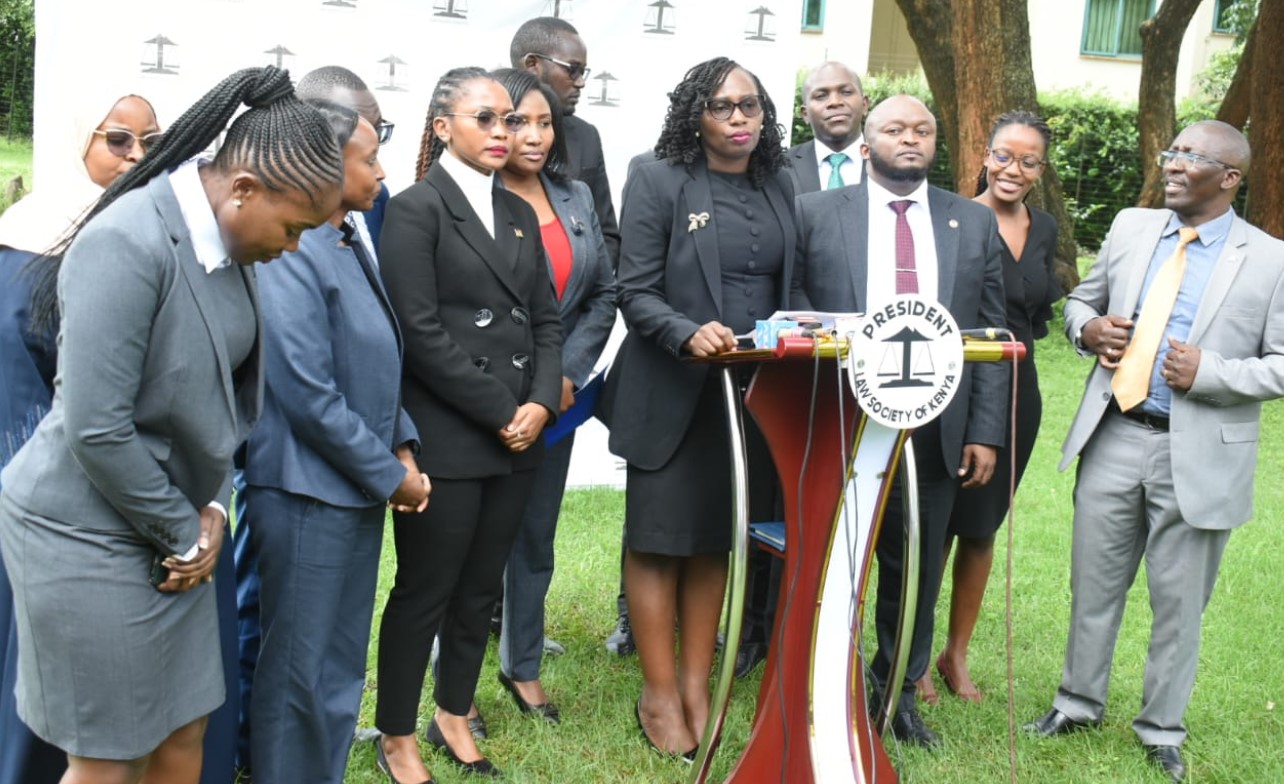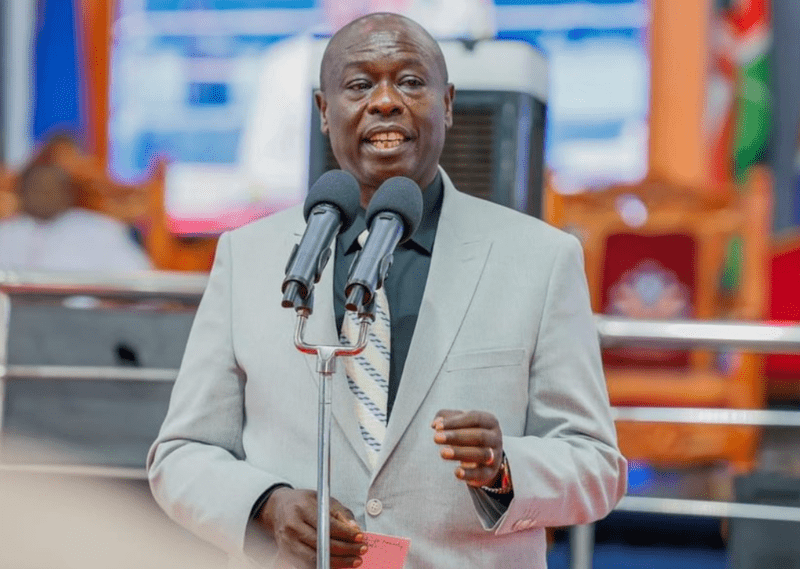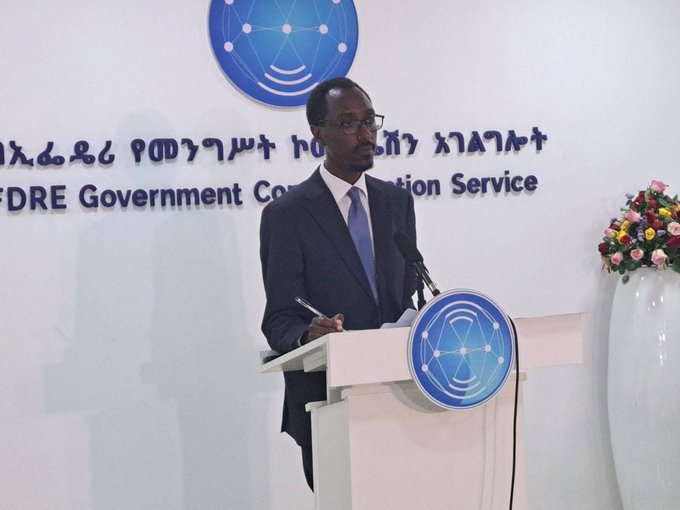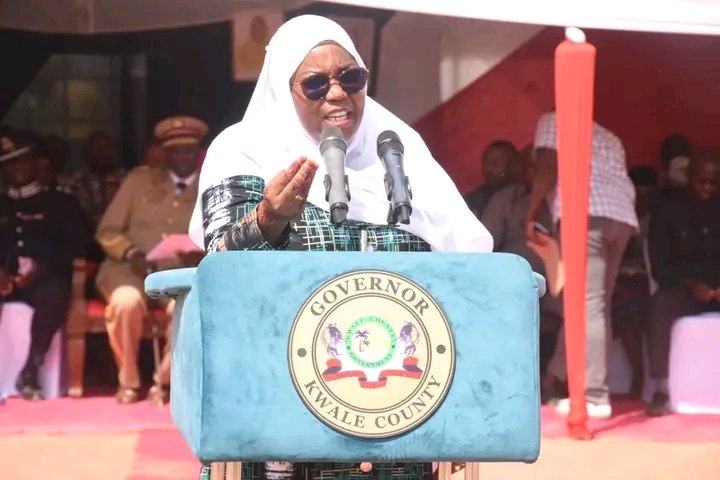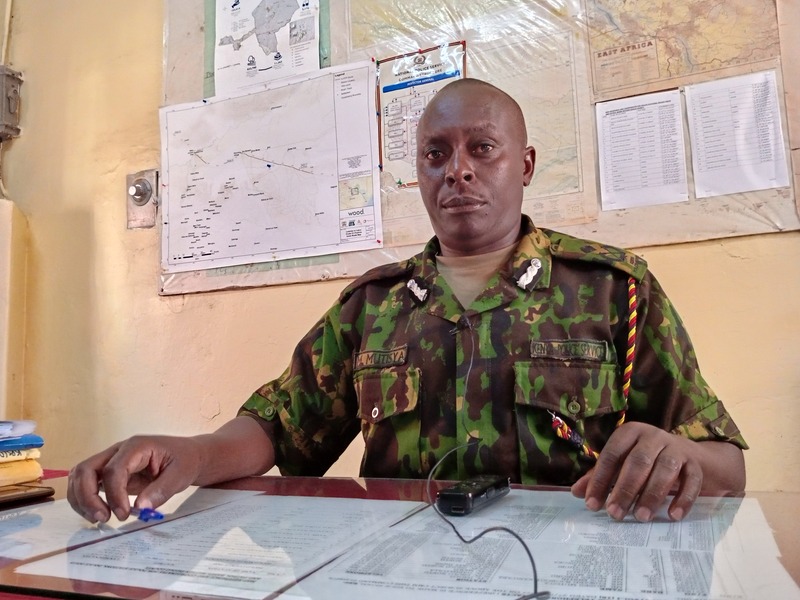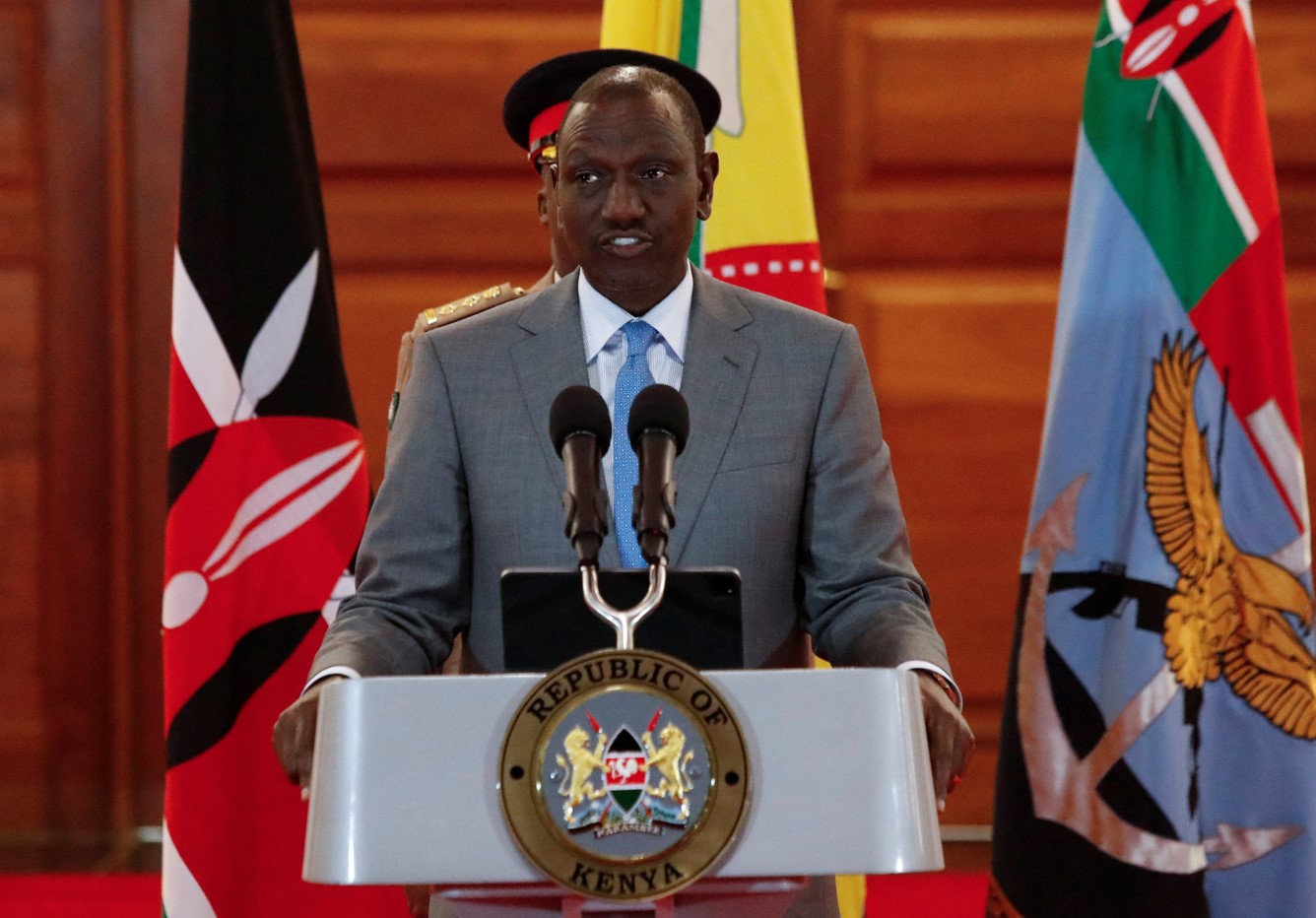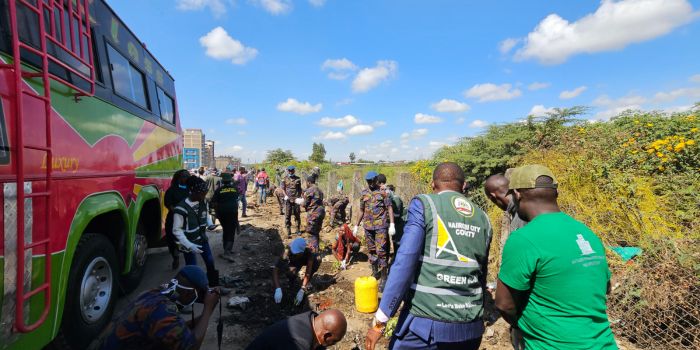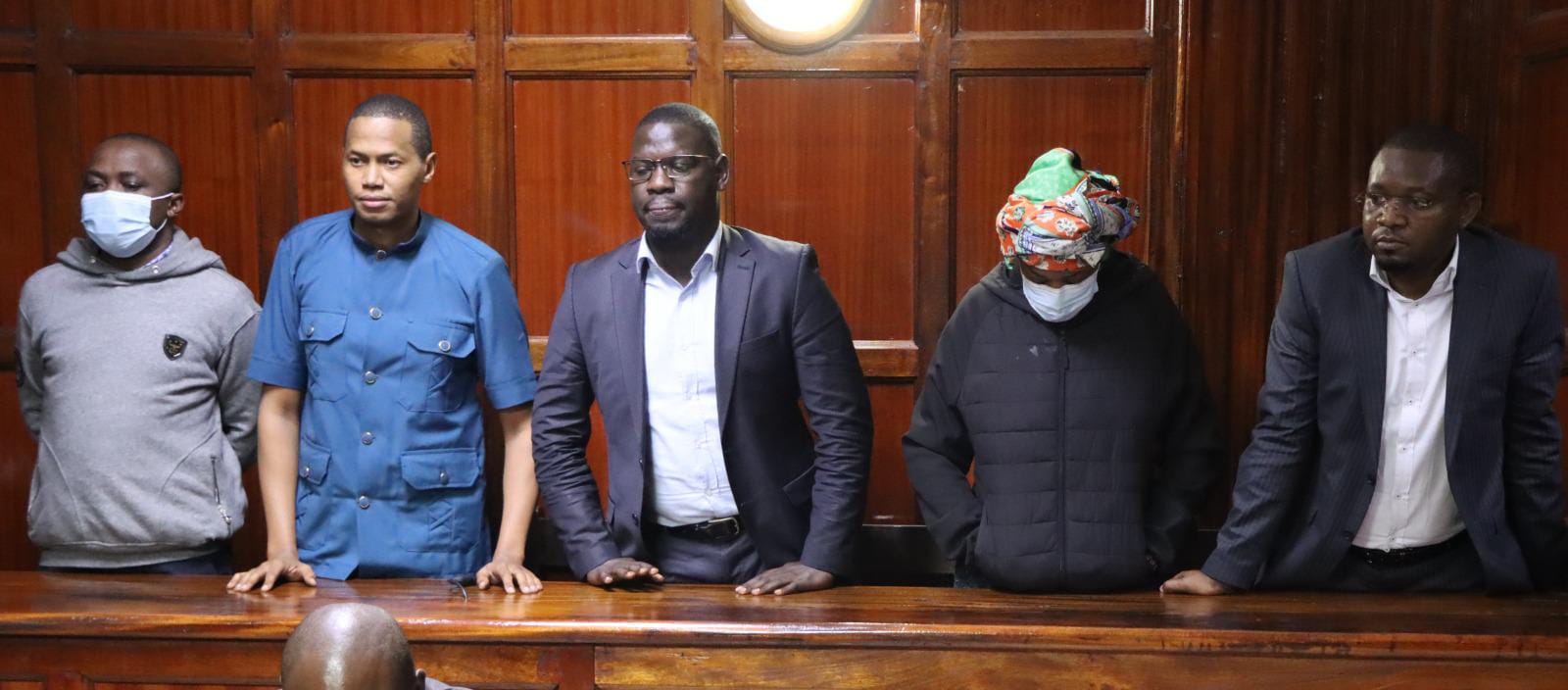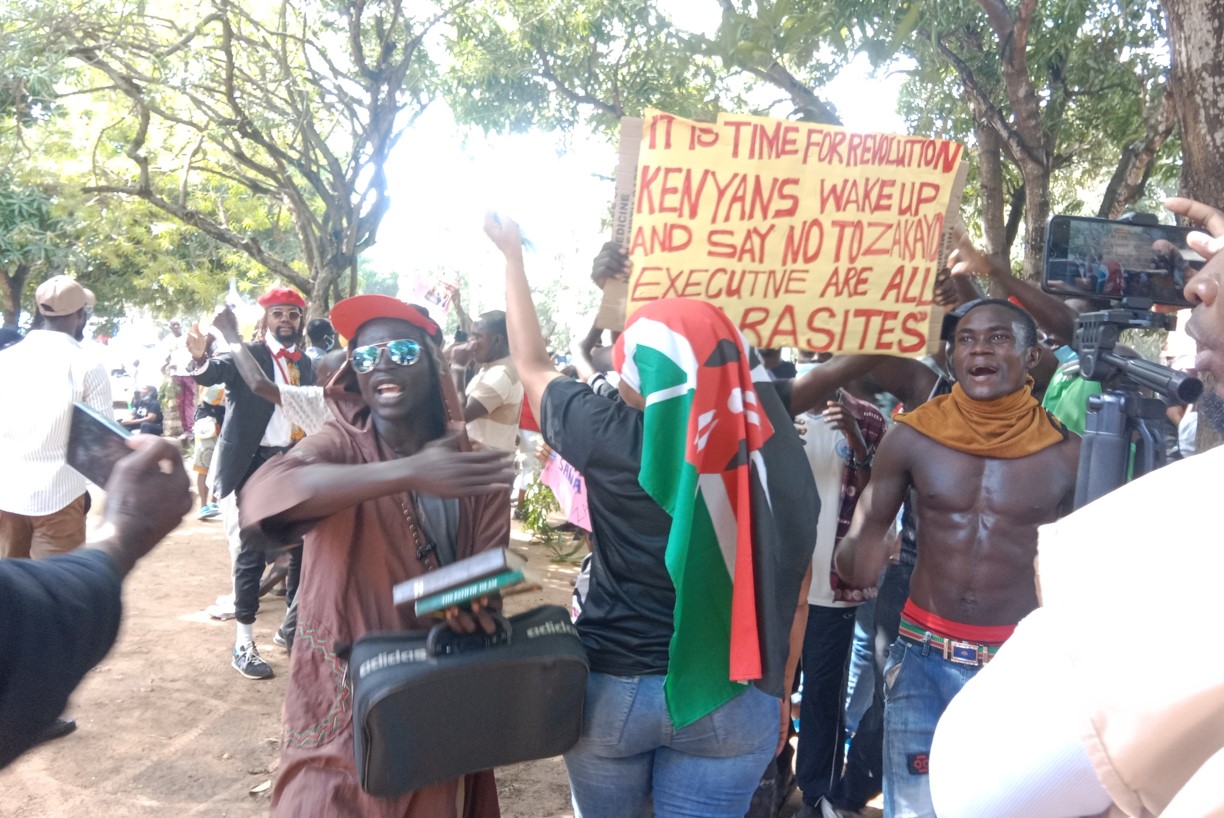Hope for electoral units with no leaders as senators approve bill on IEBC commissioners' recruitment

By Barack Oduor |
The Senate approved the Independent Electoral and Boundaries Commission (Amendment) Bill, 2024, albeit with amendments. If the National Assembly agrees with the changes, the bill will be sent to the President for assent.
There is hope for electoral units with no representatives as the Senate has approved a proposed law to pave the way for the recruitment of IEBC commissioners.
The Senate approved the Independent Electoral and Boundaries Commission (Amendment) Bill, 2024, albeit with amendments. If the National Assembly agrees with the changes, the bill will be sent to the President for assent.
Keep reading
Should the process be fast-tracked, it will offer a reprieve to residents of Banissa Constituency who have had no MP for 15 months. The seat fell vacant following the death of MP Kullow Maalim Hassan in March 2023.
Other electoral units likely to benefit from the recruitment of the commissioners include Magarini Constituency and about four wards across the country.
For Magarini, the Supreme Court last month upheld the nullification of the election of its MP, Harrison Garama Kombe.
A five-judge bench of the apex court ruled that Stanely Kenga Karisa had met the burden of proof and established that the Constitution and the Electoral Act had not been complied with as ruled by the High Court and the Court of Appeal.
In the proposed bill, the lawmakers amended Section 6 of the Principal Act to make it mandatory for persons appointed as commissioners to have at least 10 years of experience in the fields in which they are qualified.
"[The person appointed must have] proven knowledge and at least 10 years of experience in any of the following fields," the bill states.
The fields include electoral matters, management, finance, governance, public administration or law.
The legislators approved the bill during a special sitting on Tuesday, noting the need for highly qualified commissioners who are also well-versed in information technology, the senators said.
"The committee also noted the need for commissioners to have experience in their areas of qualification for them to efficiently and effectively undertake their duties," a report by the senate committee that considered the Bill states.
The current Act provides that the chairperson of the commission shall be qualified to hold the office of judge of the Supreme Court under the constitution.
In the amendments, the lawmakers added information and communication technology and accounting to the list of fields people seeking the commissioner post should be experienced in.
The senators also approved amendments that provided that the Senate and its relevant committees be involved in the electoral boundary delimitation process.
The bill now heads back to the National Assembly, which had passed it, for concurrence. If the sister House agrees with the amendment, the proposed law will be sent to President William Ruto for signing into law.
However, should they reject the changes, the bill will be sent to a mediation committee to iron out contentious clauses.
The revelations shed light at the end of the tunnel on the recruitment of new IEBC commissioners.
The electoral body has remained without commissioners since January last year, stagnating crucial operations, including by-elections in constituencies and wards.
However, the commission secretariat cannot conduct the by-election due to the lack of a chairman who is mandated to gazette the vacancy and the by-election date.
Besides by-elections, boundary reviews were to be done by the end of March, but that is yet to happen, staging a constitutional crisis. Up to 27 constituencies are affected following the delayed review.
Chairman Wafula Chebukati and his two colleagues, Boya Molu and Abdi Guliye, retired in January last year. The other four commissioners, including vice chairperson Juliana Cherera, Francis Wanderi and Justus Nyanga'ya, resigned to avoid facing a tribunal over their conduct in the 2022 elections.
The new bill, one of the proposed laws drafted by the National Dialogue Committee, expands the IEBC selection panel from seven to nine.
"The selection panel existing immediately at the commencement date of this Act ceases to exist but a person who served as a member of that selection panel may be nominated to serve as a member of a selection panel appointed under this Act," it reads in part.






